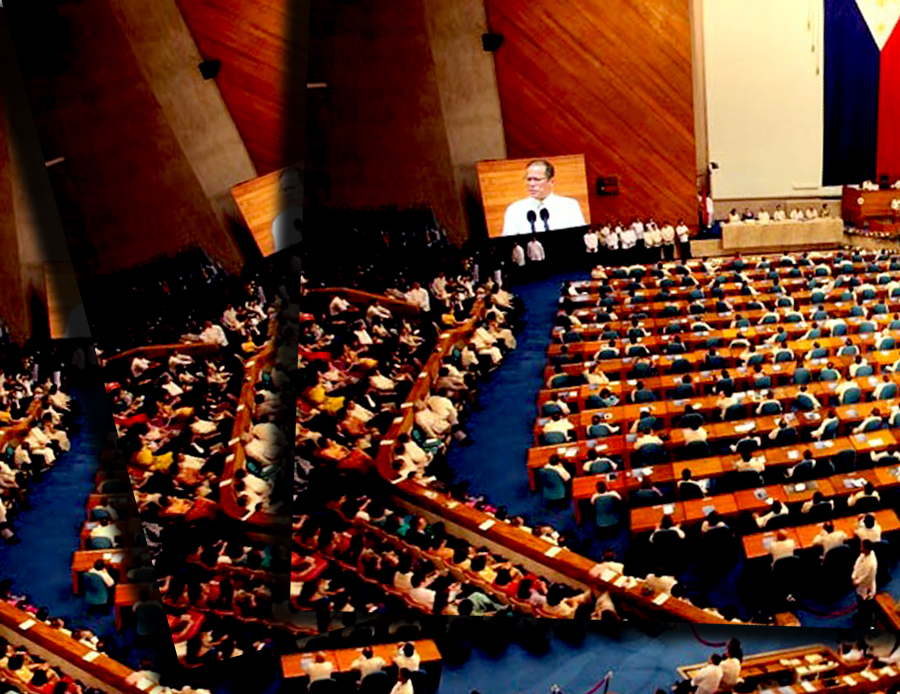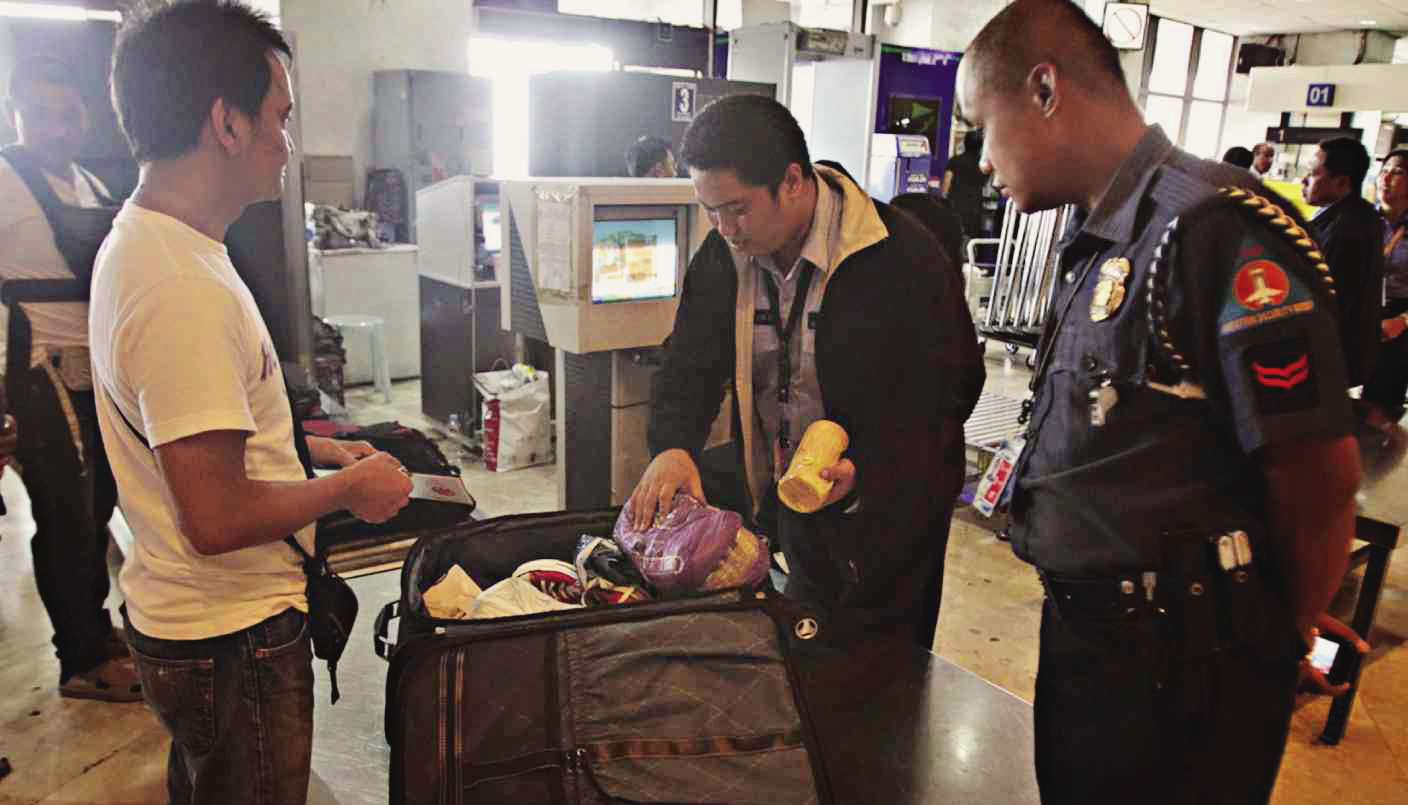By Ardelle Costuna
How can Team PH avoid another national faceplant in Rio 2016?
Kathleen*, 17, is a taekwondo jin. Since she started hitting her opponents and sparring partners with her roundhouse and axe kicks when she was five, she has never dreamed of anything else.
“I have always wanted an Olympic medal,” she says, “Wala na akong ibang mahihiling pa kapag nagkatotoo ‘yun,”
Kathleen’s coach* says she has lots of potential, she has been competing in various inter-school and international taekwondo competitions since she was seven, “She has powerful kicks, she is also a determined athlete. Kapag natatalo siya sa mga contests, she comes up to me and asks, ‘Coach, anong mali ko kanina?’ and then she’ll focus on that during training.”
With all the numerous medals and exposures she received, Kathleen was offered a stint at the national taekwondo team right after graduating from high school. Universities here and abroad also went after her.
“This is where I grew up… all the coaches and trainers I went through are all Filipinos, and I think I owe them the skills that I got from them,” Kathleen says, explaining why she chose to be a part of the national team. “Tama lang naman siguro na mag-payback ako sa lahing nagturo sa akin na maging ganito.”
Kathleen and thousands of other athletes want one thing – a podium finish and a medal dangling down their necks at the Summer Olympics.
But since the Philippines first joined the Olympics in 1924 – the first Southeast Asian country to do so – the country has won only two silvers and seven bronzes. The last time the Philippine delegation did not go home empty-handed was when Mansueto “Onyok” Velasco Jr. won a silver medal in the Light Flyweight division at the 1996 Atlanta Olympics.
Last year, we pinned our hopes of getting another medal on the 11-man delegation we sent to London – the smallest delegation in Philippine Olympic history
The 30th Olympiad of the modern era came and went, but our small delegation only managed to add another winless year to our sad Olympic tally.
Now with young, determined athletes like Kathleen, what could possibly go wrong with Philippine sports?
Little government support
In an interview with Rappler.com, Ronnie Nathanielsz, a veteran sports analyst who has covered Philippine sports since the 60’s, emphasized that the athletes need a holistic preparation for them to be Olympics-ready.
“Our athletes, we lack nutrition, we lack physical and mental conditioning, how can you be mentally strong if you’re not physically strong?” Nathanielsz said, adding “We don’t have training facilities. There’s no effort to develop these.”
All of the improvements Nathanielsz was talking about will remain in the drawing board if the government continues to give meager funding for the industry.
Philippine Sports Commission (PSC) Chair Ricardo Garcia said in a Philippine Star article that in 2011, budget proposals from National Sporting Associations (NSAs) all amounted to P600 million, but PSC was only given P400 million by the national government. Despite it being a drastic raise from 2010’s P154 million, it was not enough to fund all the 53 NSAs in the country.
GMA News reporter and sports analyst Chino Trinidad agrees with Nathanielsz. In an article published in GMA News Online, he says that the trainings received by the Filipino athletes don’t meet Olympic standards. “We don’t even have a legitimate program… wala tayong nakikitang clear-cut sports program sa bansang ito,” he adds.
Back in former Pres. Fidel V. Ramos’s administration, he signed the Executive Orders 63 and 64 that mandated the creation of Physical Fitness and Sports Development Councils to promote physical education and sports programs and competitions on a national scale. Ramos was a known sportsman as well.
It was also during his term when the country’s Olympic delegation last won a medal.
‘Politics has destroyed sports’
In an article by the Philippine Daily Inquirer, Sen. Antonio Trillanes IV fumed that politics is destroying sports. “These officials forgot that their basic mandate is to promote sports excellence in the country,” he said.
In a recent clash between the heads of the NSAs, PSC and the Philippine Olympic Committee (POC), various NSA heads battled it out with former PSC chair Harry Angping after he allegedly failed to liquidate millions of pesos in advances, which resulted to the NSAs having to report to court. The POC also allegedly ousted Angping and replaced him with Garcia, thus giving rise to the controversial POC-PSC partnership.
Worse, with all the brouhaha politics is bringing into the sports industry, athletes are the ones caught in the middle, with some being deprived of financial support or being barred from joining international competitions. Case in point: the Philippine Dragon Boat team, who despite winning and getting a world record in 2011, are still not recognized as a national team.
Changing the playing field
Regardless of the sorry state of sports in the country, there are still solons who want to see improvements in the current conditions in Philippine sports.
In June 2012, Sen. Antonio Trillanes IV, chair of the Senate Committee for Sports, pushed for the abolition of the PSC under Senate Bill 3092 and sought to replace it with a Department of Sports. The bill aims that the head of the sports department be given a cabinet member position for it to be able to work closely with the President to help prioritize sports development.
Triathlete and Sen. Pia Cayetano and Aurora Rep. Sonny Angara showed their support for the establishment of a Philippine High School for Sports, which aims to give scholarships to outstanding student-athletes while providing them with athletic and academic development.
Angara is one of the 28 co-authors of the bill that is now close into becoming a law.
Setting priorities straight
Currently, the Aquino administration is allotting P200 million to the 10 sporting events that Filipinos excel in: archery, athletics, billiards, bowling, boxing, taekwondo, swimming, weightlifting, wrestling and wushu.
Though it might neglect other events, sports experts believe that this is the way to go given the country’s limited resources.
The National Men’s Basketball team coach Chot Reyes thinks this is a good idea, saying that even though basketball is not part of the government’s priority, the Filipinos’ love for the sport will keep it alive.
He also told Rappler.com that a sport’s popularity or detrimental funding should not pull the NSAs down in developing a sport, and that they should also look into private sector funding, citing the Philippine Azkals as an example. “The NSAs who get their act together and get their job done are able to do wonders for their sport,” said Reyes.
The 2016 Rio de Janeiro Olympics will be here in no time, but the government and Filipino athletes still have a lot of work to do to be able to snatch that elusive Olympic gold medal. In the meantime, Filipinos should still continue with the fanfare they give their athletes, podium finish or not.
*character does not exist

